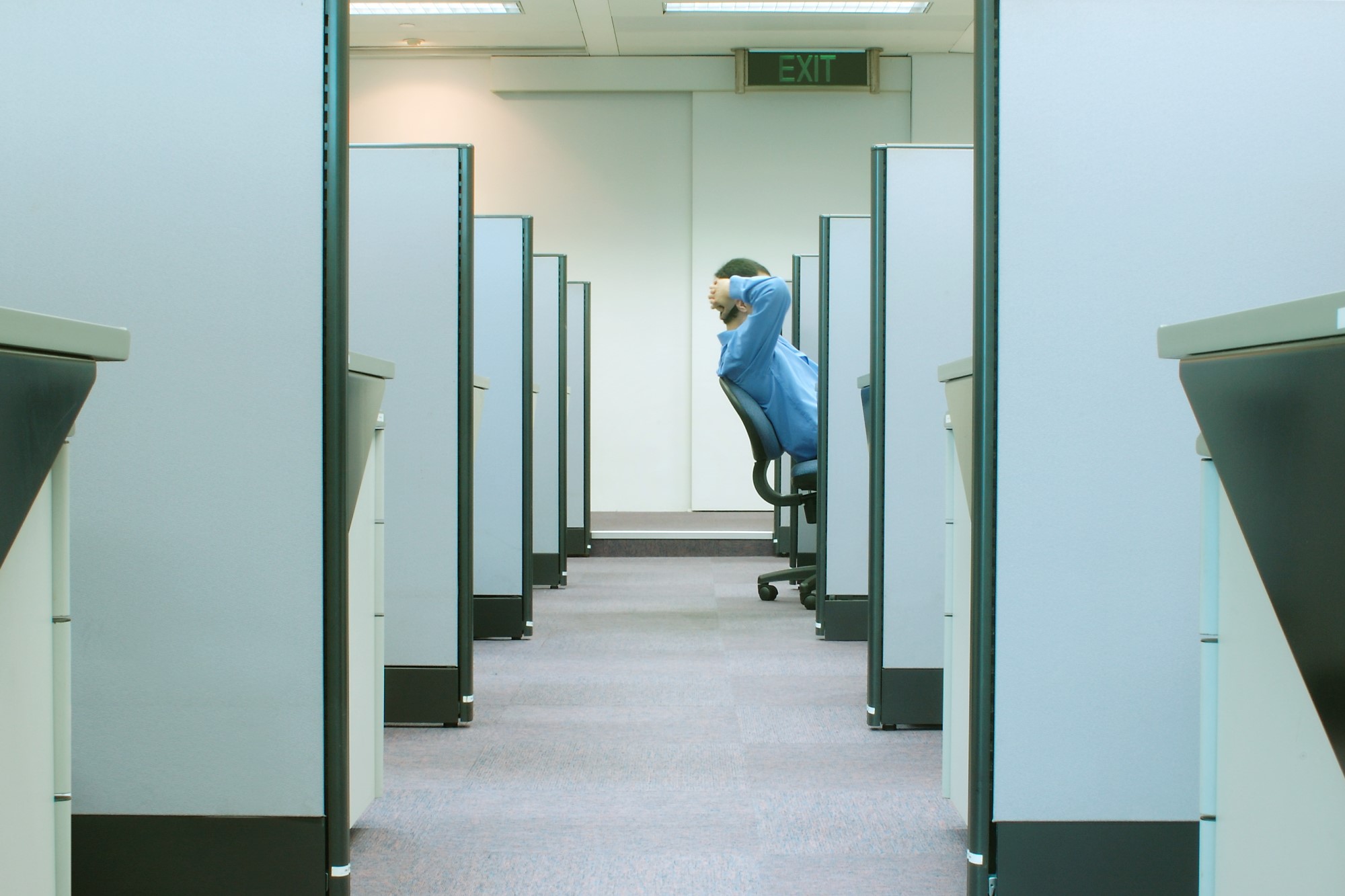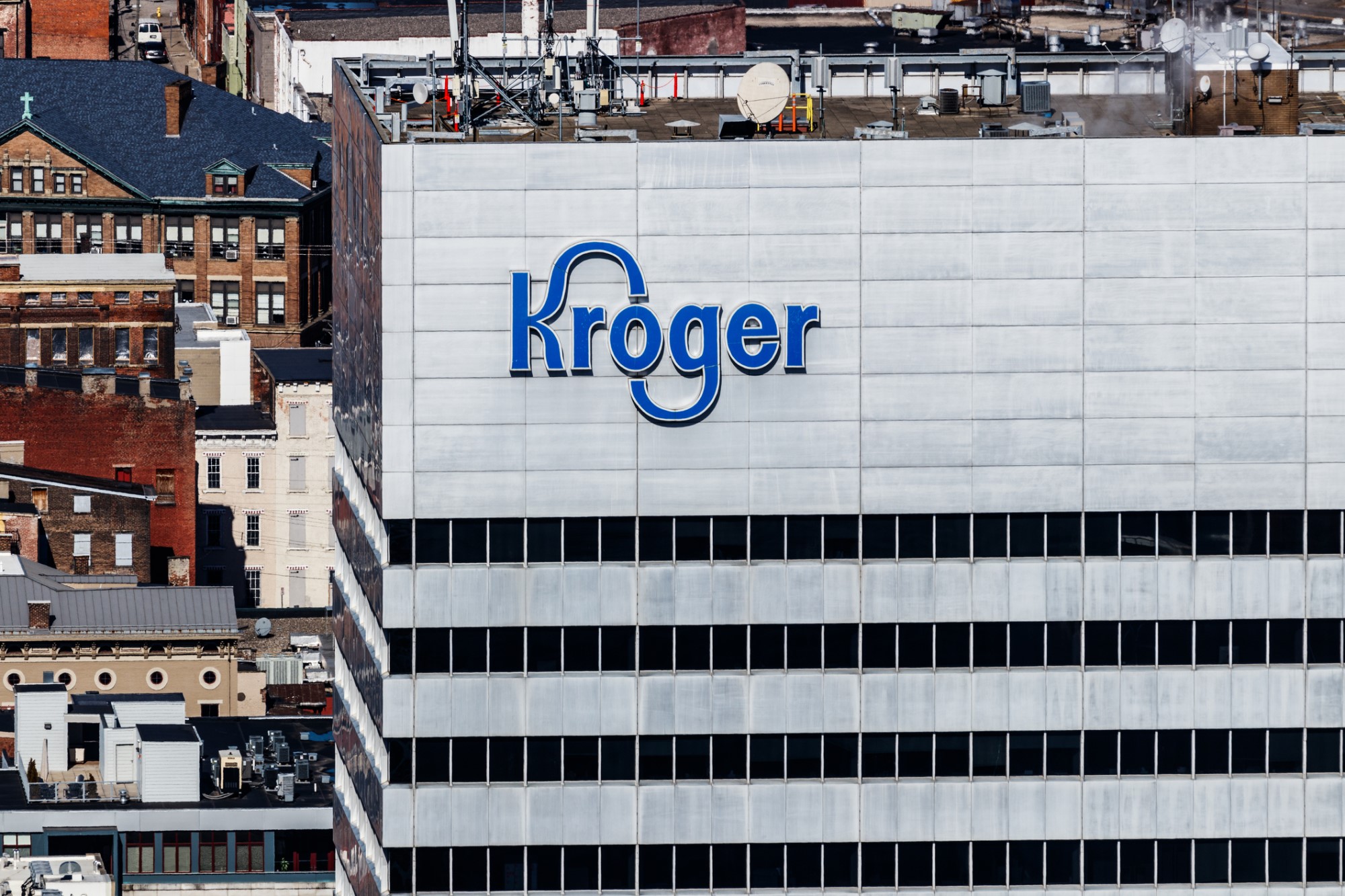What the United Incident Says About the Airline Industry
A video of a man being dragged off an overbooked United Airlines flight appeared on social media last weekend, sparking outrage across the country and even the world. In the video, a man is shown being forcibly removed from the aircraft after being randomly selected to give up his seat for United Airlines crew members. Although United has since changed their policies, the fact that the incident happened at all raises concerns about airline procedures. In an industry that serves thousands of people per day, the context of the incident remains important to understand.
Overbooking flights, while seeming problematic, is a common airline practice. Airlines typically overbook flights to avoid having empty seats on the plane if there are any no-shows for the flight, since most flights have at least a few no-shows from missed connections or decisions to no longer take the trip. If everyone shows up for the flight, the airline will typically offer compensation for people to take a later flight to their location – including vouchers or hotel stays on the airline. If no one volunteers, the airline is within their legal rights to force passengers off the plane through “involuntary de-boarding,” with passengers selected based on criteria like ticket price, connecting flights, or check-in time. Airlines must then provide later transportation and usually compensation to those who are bumped involuntarily from their flight, as well as a paper listing their rights. If a passenger refuses to off board, the airline is allowed to call the police to escort the passenger off the plane.
While overbooking makes sense from a business perspective, forcing paying customers off a plane to make room for their own employees – the reason for United removing passengers from this flight – seems like unethical business practices. It stands to reason that an airline should hold seats on flights that it already knows its crew members will likely be on, rather than overbooking a flight while knowing space will be needed for crew members.
Business practices like this have been increasing as competition between airlines has been decreasing. According to the New York Times, four major airlines operate 80% of domestic flights, leaving passengers with few options; not every airline flies directly to every airport which a passenger may need to get to. Therefore, when customers have a bad experience with an airline – on the minor end, disliking the accommodations or services provided on the flight, being involuntarily bumped from a flight on the major end – they do not have many other places to turn. This lack of competition means that airlines do not have to change practices that passengers complain about very often, because they likely will not lose that much business if they upset passengers. Without a wide range of options and four airlines holding close to a monopoly on the commodity, customers who need to travel across the country for work or personal reasons have to accept the status quo in most situations.
One solution to this problem is to increase competition within the industry – something easier said than done. Another solution could be to disallow overbooking, which could end up being harmful to airline companies from a business standpoint, who have to pay the same fixed cost to operate a flight regardless of if five seats are empty or the entire plane is full. While United has now changed their policies to prohibit crew members displacing customers, other airlines have yet to do so. While changes are likely to come after this extreme incident, the airline industry should consider their business model in the future.





